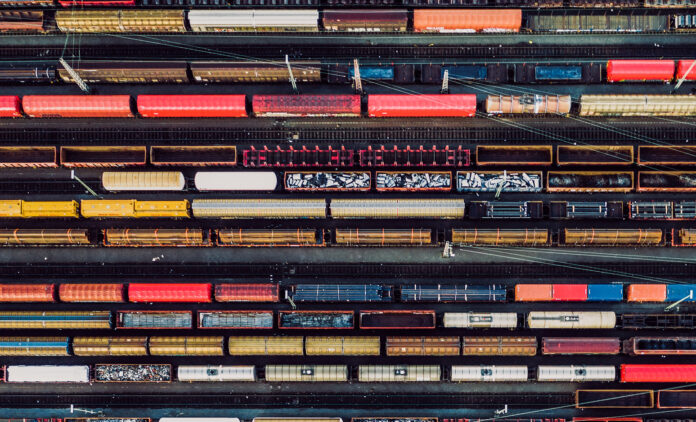
WHAT exactly is going wrong at Transnet Freight Rail (TFR), the largest business unit of the state-owned ports and rail company? Speaking to company executives at the Mining Indaba earlier this month, there was reticence to go into specifics but it appears an institutionally-wide dysfunction, large and small, is adding up to an enormous cost for the mining sector and the fiscus.
Analysts estimate Thungela will suffer an opportunity cost on about 900,000t of coal owing to TFR’s inability to rail it to Richards Bay port.
That’s a total of 11.9 million export tons down from 13.6Mt year-end guidance. “We’d be interested to know if this is at the port or the mine,” say analysts at RMB Morgan Stanley. “If it’s at the port, then it is readily saleable and the stockbuild is strategic in nature. If it’s at the mine, moving it to the port will be difficult.”
In terms of earnings, every million tons lost to issues such as Transnet snafus lowers earnings before interest, tax, depreciation and amortisation by 7%. Unrailed tons also hurt Transnet. Themba Mkhwanazi, CEO of bulk commodities at Anglo American and the group’s former CEO of Kumba Iron Ore, says the problems at Transnet are both systemic and endemic.










